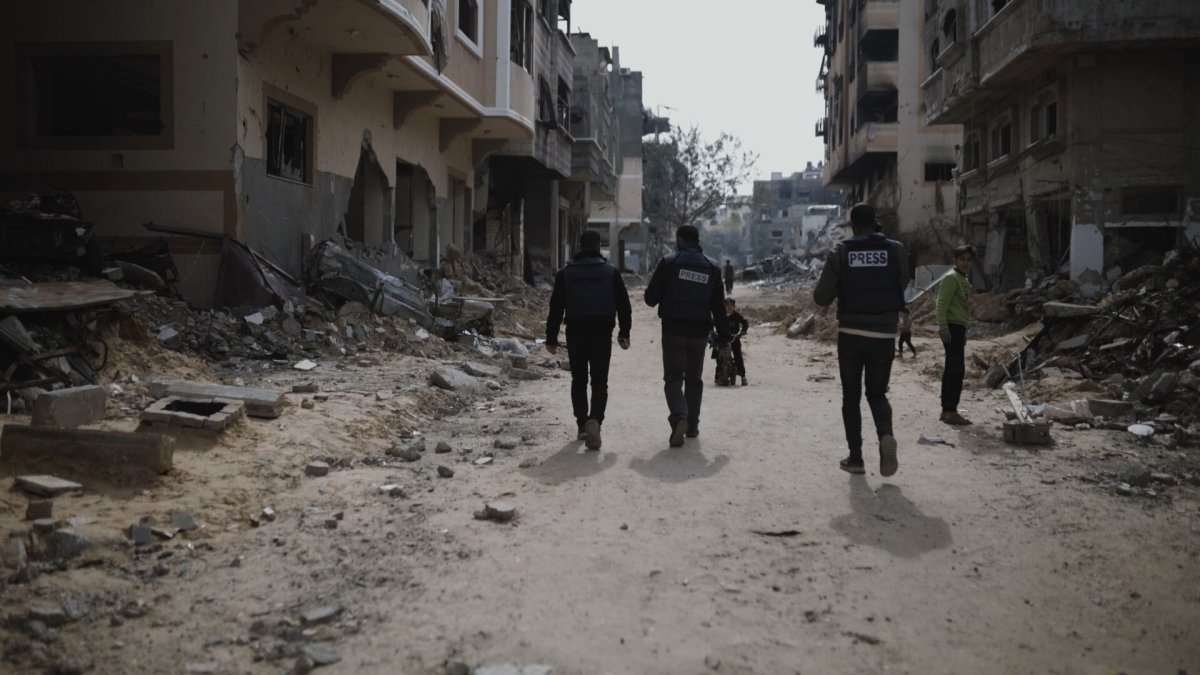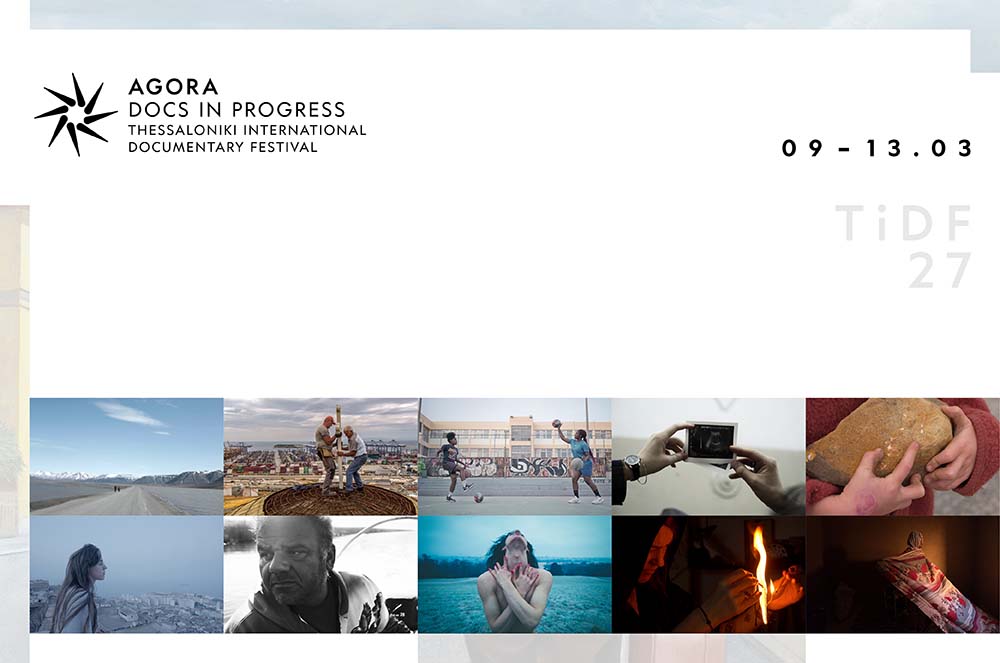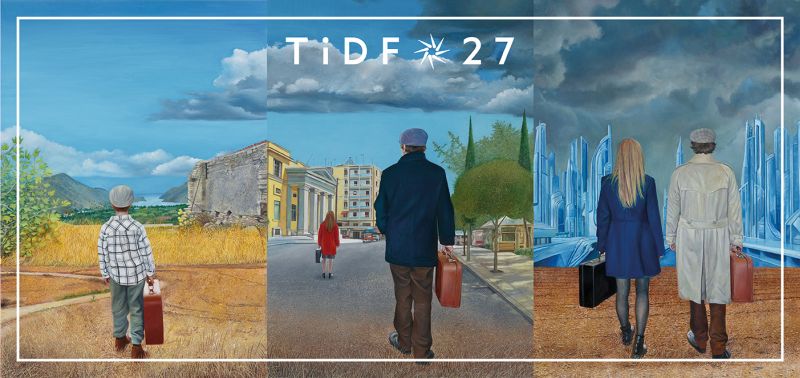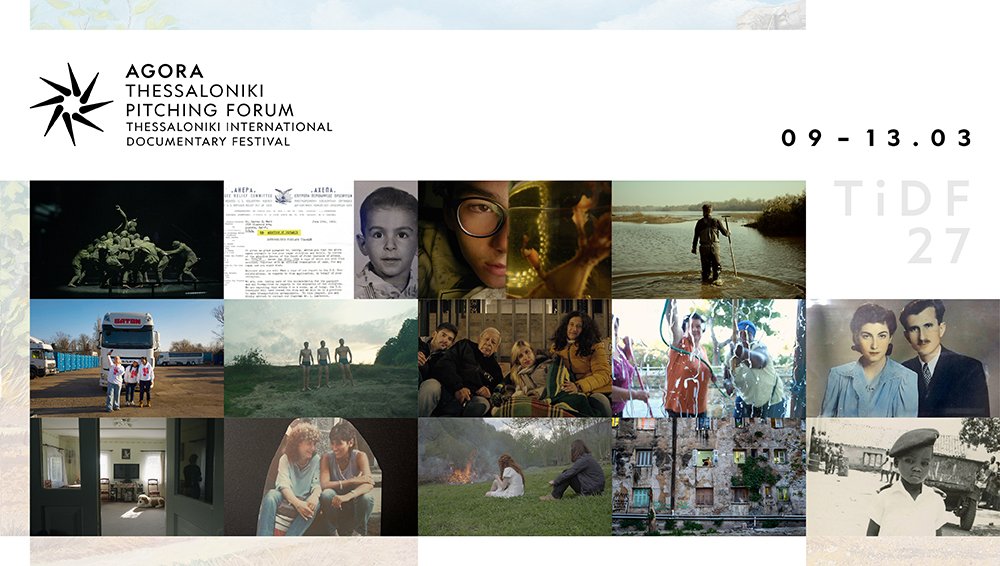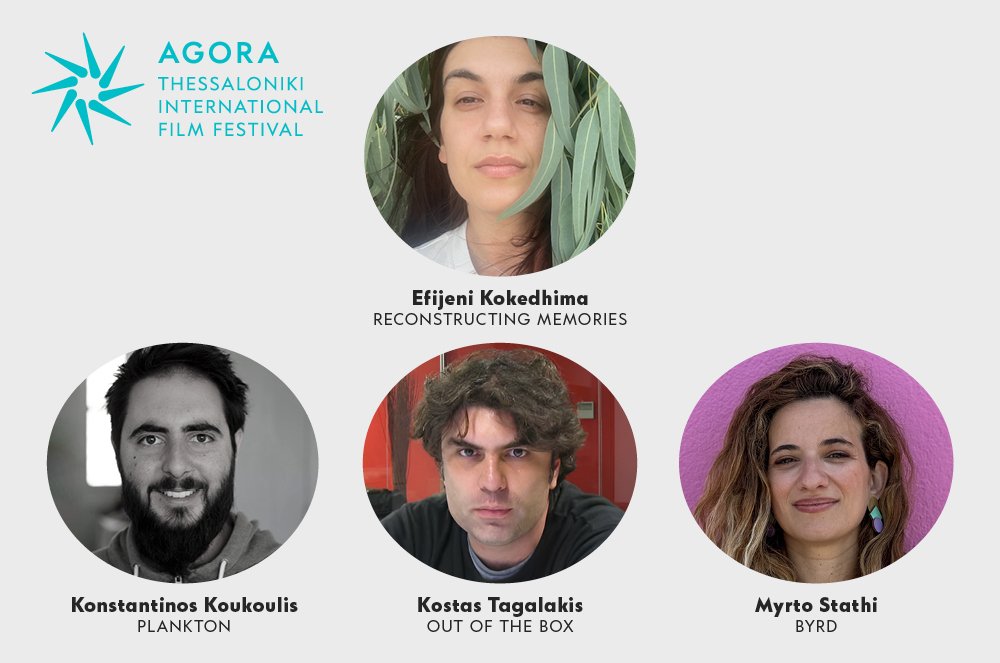Living with Forest Fires: A WWF Greece workshop in Evia Film Project
A workshop by WWF Greece about forest fires took place on Friday, June 17, in the framework of the Thessaloniki International Film Festival’s new initiative, Evia Film Project. In a wonderful place, in the open-air theater Vathirema in Limni, Elias Tziritis, coordinator of actions for forest fires, WWF Greece, Dr. Miltiadis Athanasiou, forest fires specialist and Dr. Nikos Georgiadis, forest management program coordinator, WWF Greece spoke about the next day after the catastrophic fires in Northern Evia.
Thanos Stavropoulos from the Evia Film Project team welcomed the audience. Iasonas Kantas, head of communication for WWF Greece took the baton, noting that it is extremelly important for WWF Greece to be speaking with the inhabitants of the areas affected by fires. He said that we must learn to live with fires, to deal with an unpredictable situation in the climate change era and we must learn to live with the aftermath. “I wish that Evia Film Project becomes an institution because the area needs it” he noted and said that WWF Greece will be for a long time in Northern Evia, in order to examine the natural rebirth of the area.
Mr. Tziritis welcomed the audience, among them members of the volunteer groups for forest conservation in Psachna, Prokopi and Limni, noting that he himself is a volunteer firefighter. He also mentioned that according to the United Nations, in the next few years the problem with the forest fires will become bigger on a worldwide scale, while the firefighting periods have been extended by 20% in recent years. He stressed that 96% of forest fires are caused by man and that fires are also a social issue, as they are caused either by negligence or intentionally. He also mentioned the importance of preventing forest fires, noting that 80% of funding goes to firefighting and only 20% goes to prevention.
He went on to add that in the last few years we have seen forest fires in northern countries, like Romania, Sweden and Poland, pointing out that these trends are alarming. It’s not only a matter of how much of the forest is burned, but also what kind of forest is being burned, citing forests in Siberia as an example, saying that in recent years fire has destroyed ecosystems that cannot be restored.
He added that the problem is multifactorial, and that climate change is not the only one to blame. He particularly focused on the circle created between forest fires and greenhouse gases, noting that 20% of carbon dioxide emissions are caused by forest fires. "If we do not break this vicious circle, then the problem will intensify and grow," he said.
He, then, spoke about the importance of prevention and said that education is also part of prevention, since the more we know about the fires, the better we can deal with the problem. Prevention is the invisible hero, he concluded.
Taking the baton, Mr. Athanasiou said that we as citizens need information in order to protect ourselves from forest fires. He said that it is very important to know whether our house is resistant to forest fires. If it is not, our only option is to leave in time if a forest fire is close, adding that a fire resistant home with a clean backyard can become a shelter, if needed. He noted that in order to vacate the house safely, the decision should be made on time and according to real data and not panic. Mr. Athanassiou said that we need to plan strategically, based on characteristics of the phenomenon.
Mr. Georgiadis referred to the effects of forest fires in the natural and man-made environment and to the actions for rehabilitation. He noted that about 50% of Greece consists of forests and forest areas. He mentioned that our country is rich in ecosystems and that 13% of the species living in Greece are
endemic. In fact, 300 of these species are considered rare and threatened. Fires have a direct and indirect impact on the ecosystems that in some cases are important. Among them is the destruction of settlements, the effects on fauna, desertification, soil erosion and the triggering of heavy floods. An indirect effect is the change of use of the land. He stressed that the problem will not stop unless the forest maps are ratified, and that fortunately we are very close to their ratification.
Referring to the natural rehabilitation in Northern Evia, he noted that it’s going very well. It is extremely important for the area that was affected last year not to be burned again in the next 15-20 years, in order for the pines to grow again. He explained that the rehabilitation process takes time and said that what we have to consider is if we are going to let nature do all the work, if we are going to secure the ground and hold the waters and then let nature do all the work, or if we are going to proceed to an artificial reforestation. He clarified that it is important to protect the land that was not burned inside the burned areas, because that’s where the rebirth starts from, but concluded that sometimes it might be necessary to use artificial reforestation.
The Evia Film Project is part of the "Light Donors" of the "Reconstruction Program of North Evia - Evia Meta". They are projects and events implemented in collaboration with Ministries and Institutions, highlighting all aspects of the holistic program in North Evia and illuminating the future of the region.
More:
https://evoia-meta.gov.gr/
https://www.facebook.com/EVIAMETAPROJECT/









